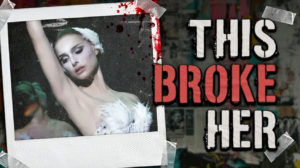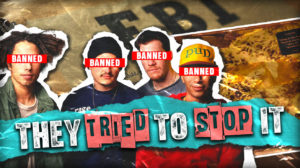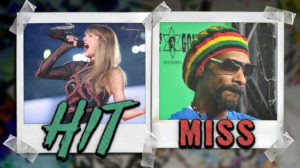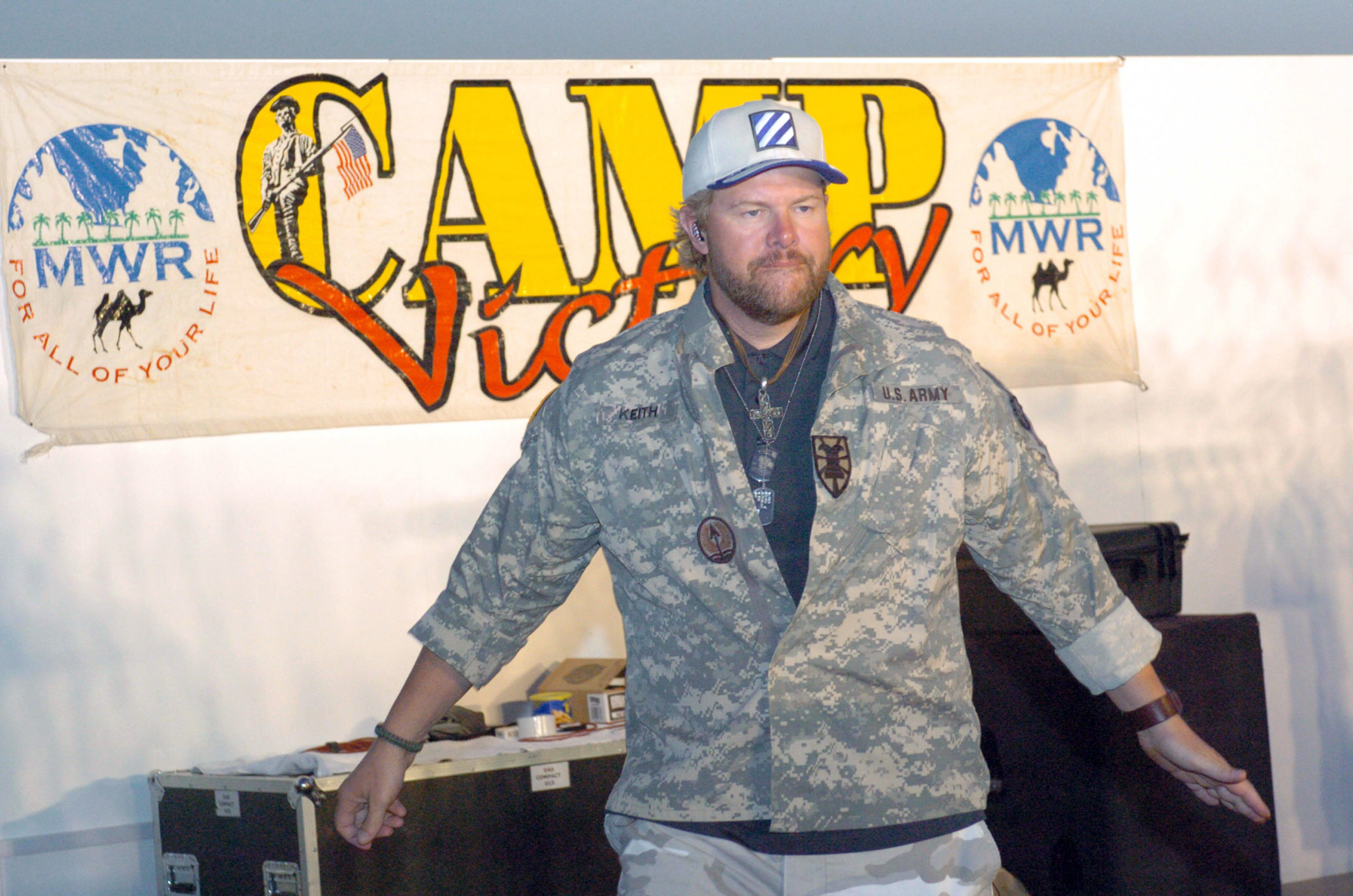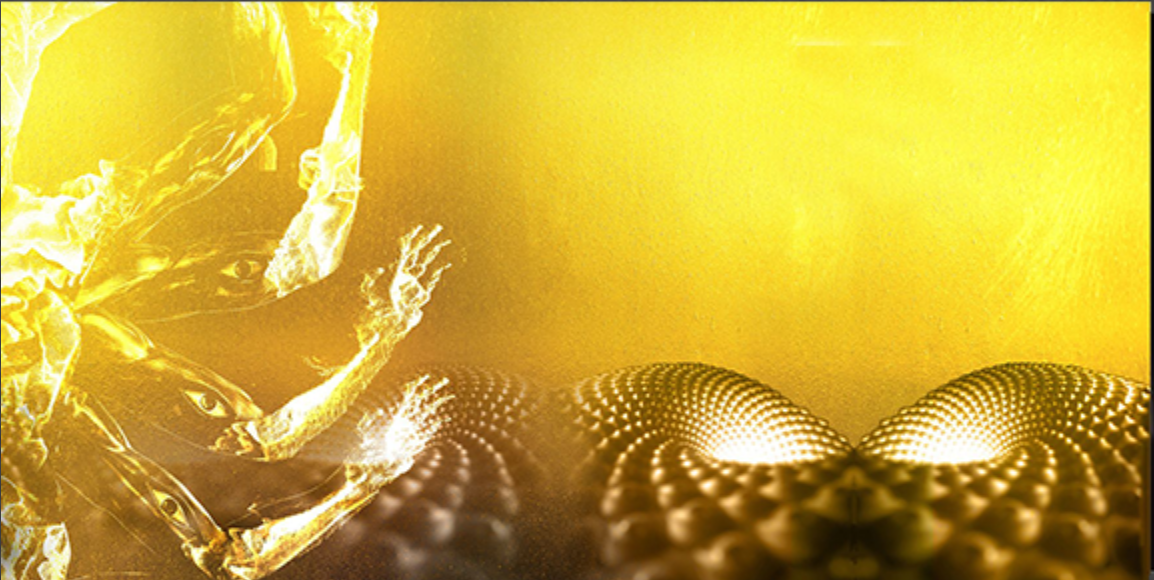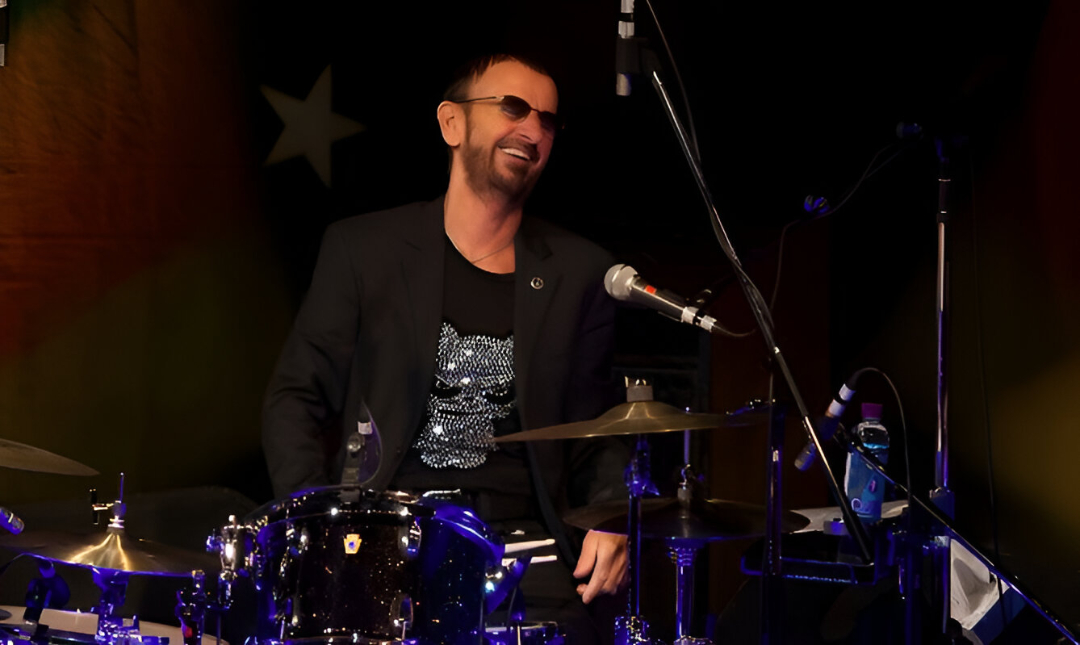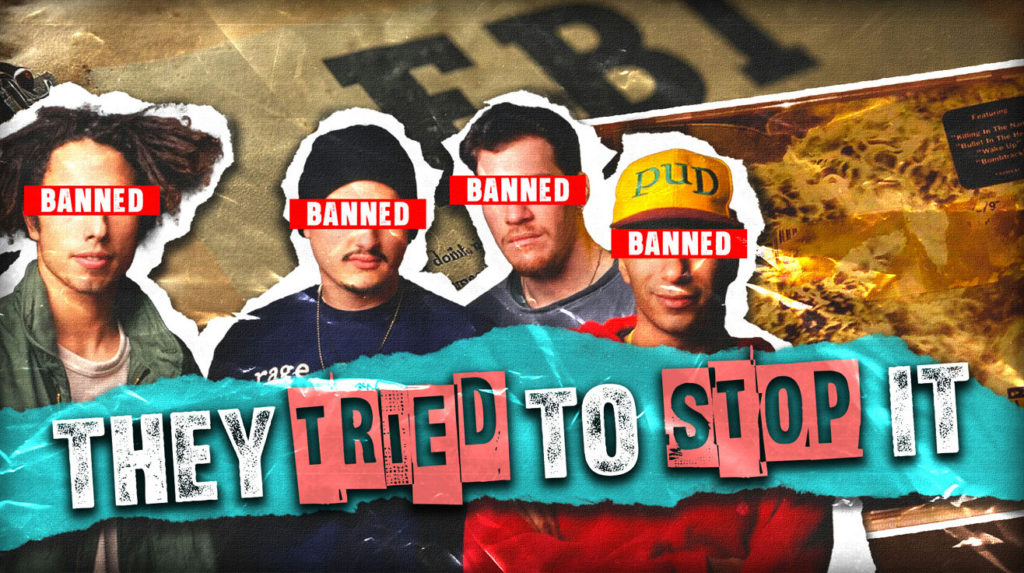
Music gets dangerous when it tells uncomfortable truths. These 15 tracks didn’t just cross lines—they erased them completely. Each song sparked bans, death threats, and conversations that rage on today. Some controversies you know. Others will surprise you with how they changed everything about what music could say and do.
15. “Relax” – Frankie Goes to Hollywood (1983)
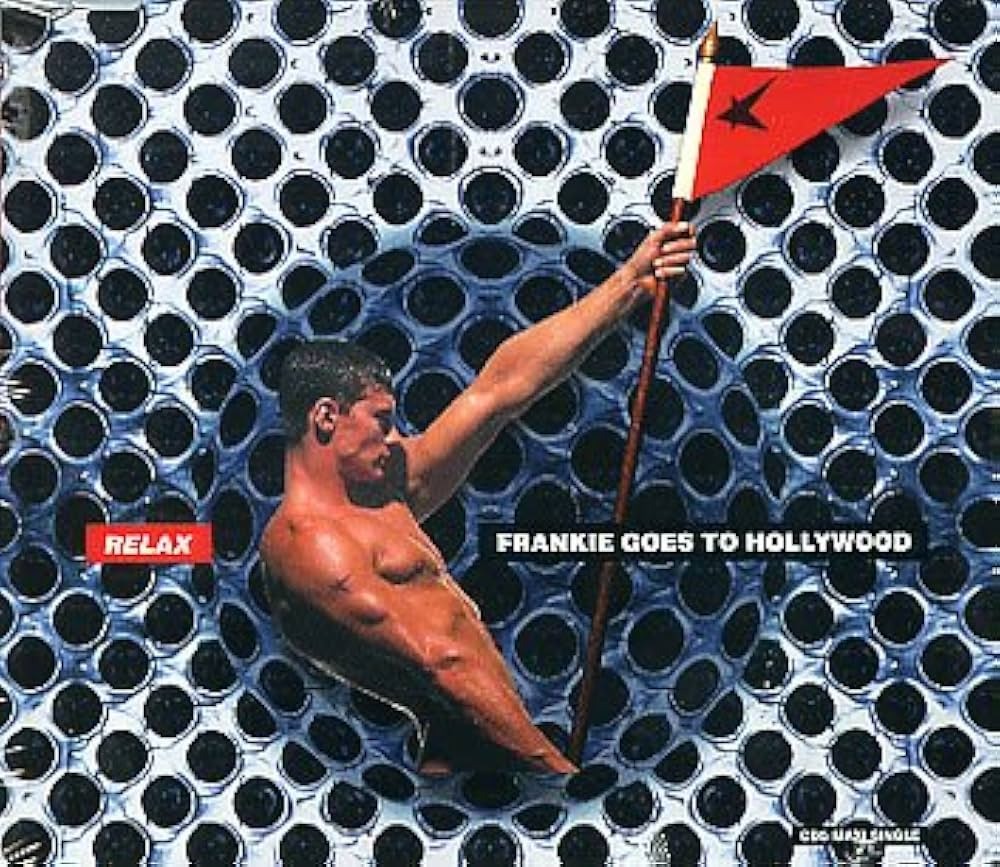
BBC DJ Mike Read figured out the sexual lyrics mid-broadcast and stopped the song cold. Trevor Horn’s production wizardry made this sound like the future—layers of synths hiding dirty secrets. Those ZTT marketing campaigns with “Frankie Say Relax” t‑shirts were pure punk provocation.
The ban backfired beautifully. Five weeks at number one proved censorship creates desire. Horn’s mix techniques here influenced dance music for decades. That bassline alone redefined what pop could sound like. Sometimes the best revenge against moral panic is making irresistible music.
14. “Kim” – Eminem (2000)
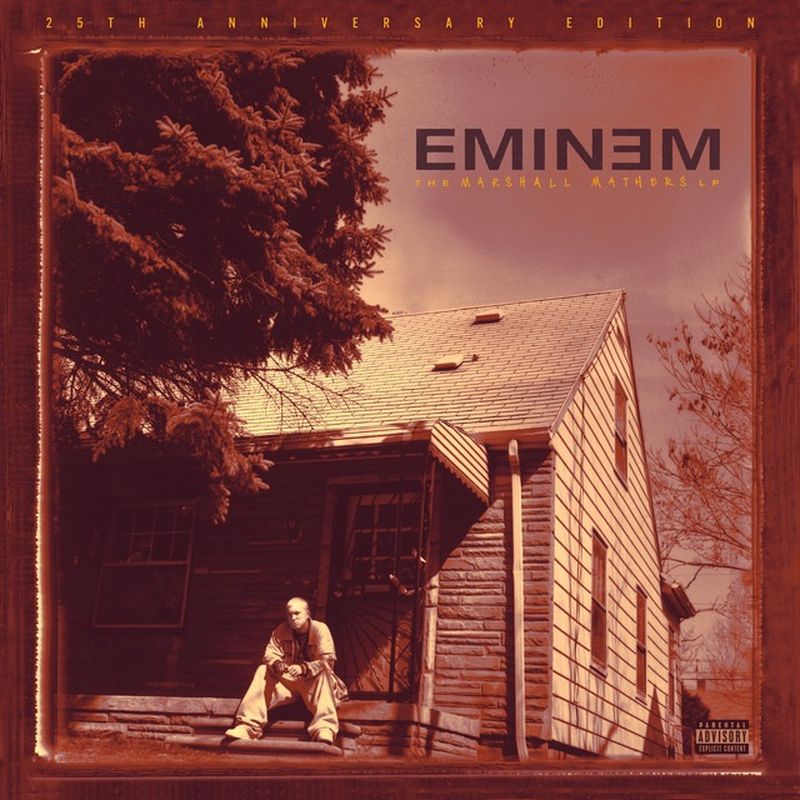
Eminem’s most disturbing track features him screaming, crying, and role‑playing domestic murder. Jeff and Mark Bass produced this nightmare with intentionally unsettling choices—those backwards vocals and distorted samples create genuine horror. The emotional rawness feels too real for comfort.
Domestic violence groups condemned it rightfully. Kim Scott’s suicide attempt after hearing it live made everything worse. This track crossed lines that probably shouldn’t have been crossed. Even Eminem’s defenders struggle with this one. Sometimes artistic expression hurts real people in ways that matter more than artistic freedom.
13. “Strange Fruit” – Billie Holiday (1939)
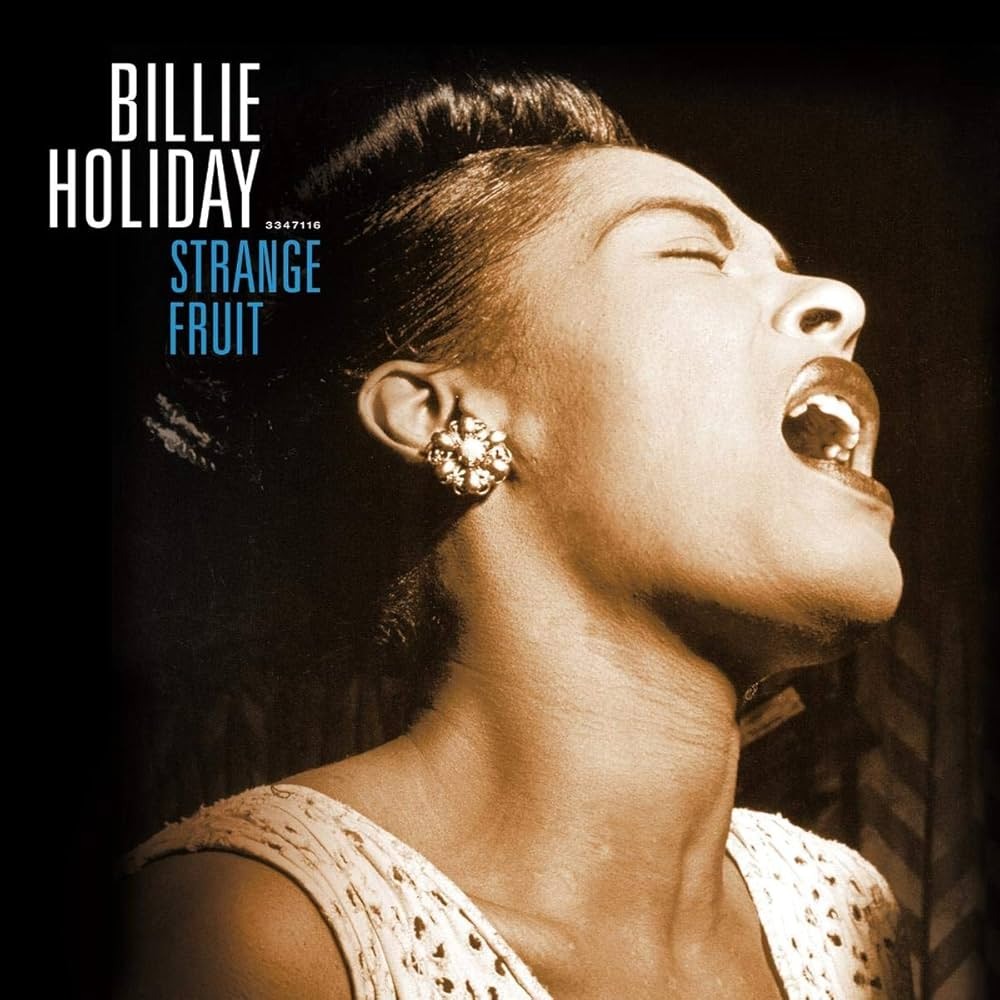
Holiday turned a poem about lynching into three minutes of pure truth that made white audiences squirm. When she first sang it at Café Society in 1939, the room went silent. Abel Meeropol’s lyrics about “strange fruit hanging from poplar trees” hit like a punch.
Columbia Records wouldn’t touch it; she recorded it with Commodore Records instead—per PBS’s American Masters. Radio stations banned it nationwide, and she received death threats—but she kept performing it, making it her signature protest song.
12. “Suicide Solution” – Ozzy Osbourne (1980)
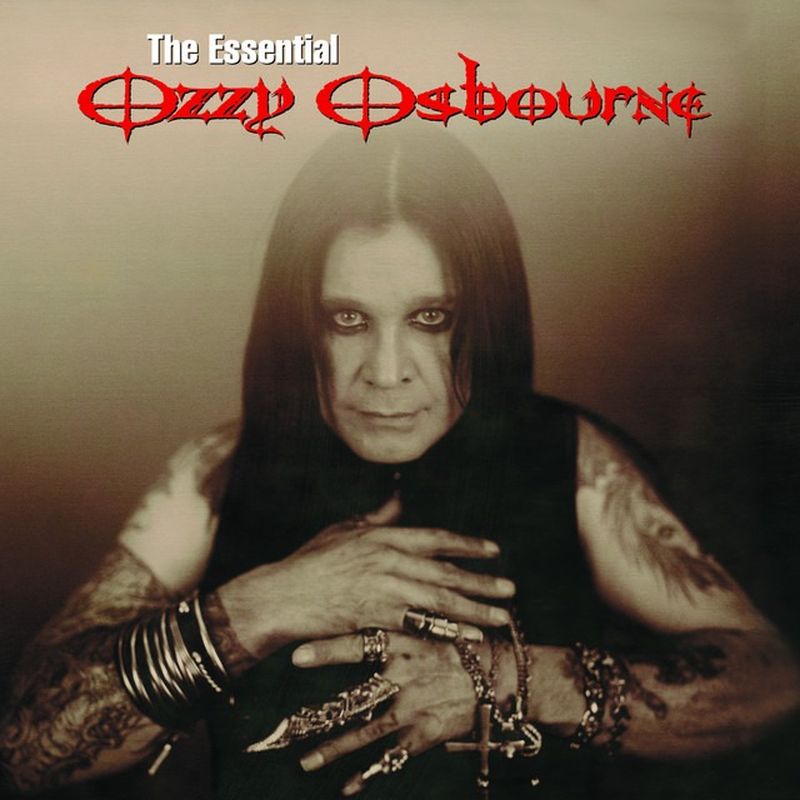
Randy Rhoads’ guitar work here deserves more credit—those classical‑influenced runs over Bob Daisley’s bass created something genuinely haunting. The production by Max Norman captured Ozzy’s voice floating over dark musical landscapes. Parents heard subliminal suicide messages, but Ozzy was actually singing about alcoholism.
A lawsuit reached landmark status, with courts ruling the song was protected speech and finding no subliminal messaging. The “Satanic Panic” era treated metal like dangerous mind control, but his legal victory protected artistic expression.
11. “Physical” – Olivia Newton‑John (1981)

Newton‑John’s transformation from wholesome “Grease” star to aerobics seductress shocked America. Those synthesizers and that disco beat made innuendo sound innocent. The video tried damage control by making it about exercise, but everyone knew what “horizontal” meant.
Radio stations banned it anyway. South Africa banned it completely. Ten weeks at number one proved sexual suggestion could dominate charts when packaged right. The song’s success showed how far pop music had traveled from the 1950s—sex was finally selling openly.
10. “Born in the U.S.A.” – Bruce Springsteen (1984)
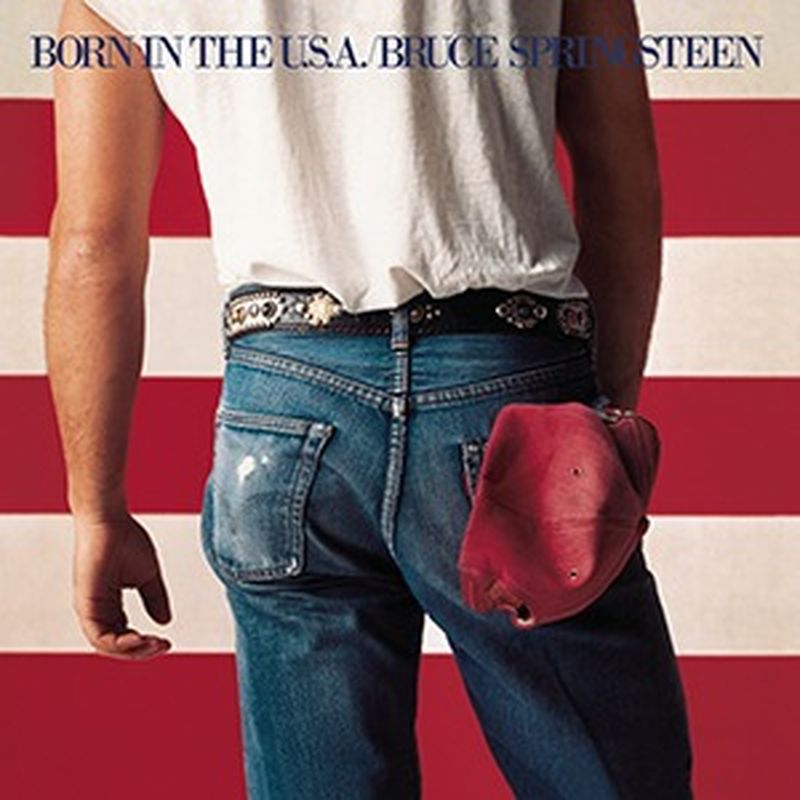
Springsteen’s greatest trick: making anti‑war protest sound like patriotic celebration. Gated reverb drums and synthesizers created that anthemic sound that fooled everyone. His title track was widely misinterpreted—Britannica notes it’s actually a sympathetic portrayal of Vietnam vets. Reagan’s campaign tried using it before realizing their mistake.
The misunderstanding continues today.
Those massive production choices made bitter lyrics about vets sound triumphant. Sometimes the most effective protest songs are the ones that let people misinterpret them. Springsteen played the long game and won.
9. “F* tha Police” – N.W.A (1988)
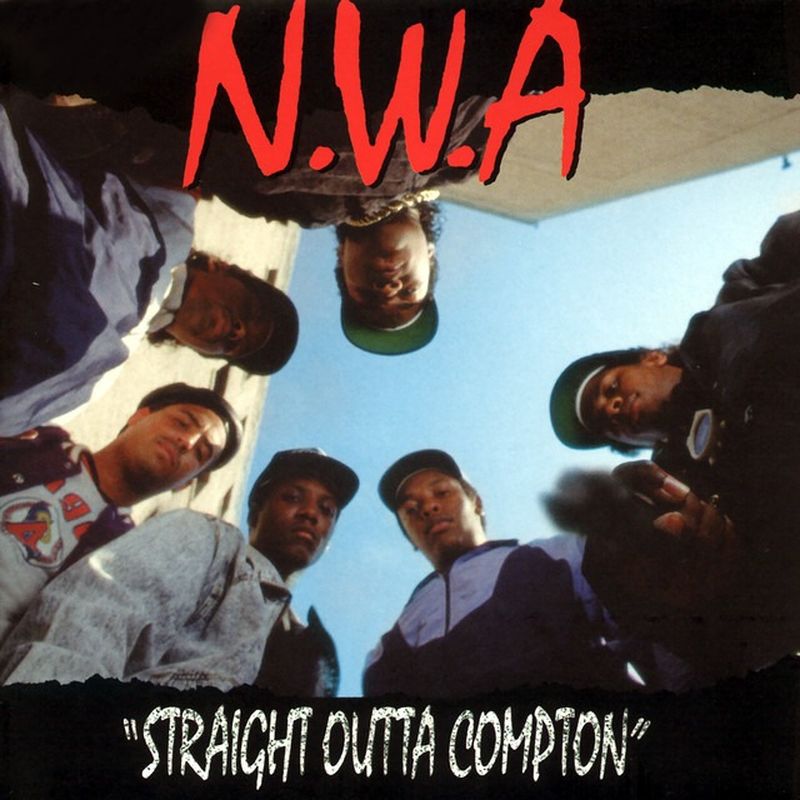
Dr. Dre’s production choices made this hit harder than any protest song before it. Those stark, minimal beats let every word land like concrete. The mock trial structure was genius—turning police harassment into courtroom drama with Eazy‑E, Ice Cube, and MC Ren as witnesses.
The FBI actually wrote letters to their label. Police refused concert security. Radio banned it completely, but mixtapes and word‑of‑mouth spread it everywhere. This track proved hip‑hop could terrify authority more than rock ever did. Every police brutality protest since has borrowed from this blueprint.
8. “Like a Prayer” – Madonna (1989)
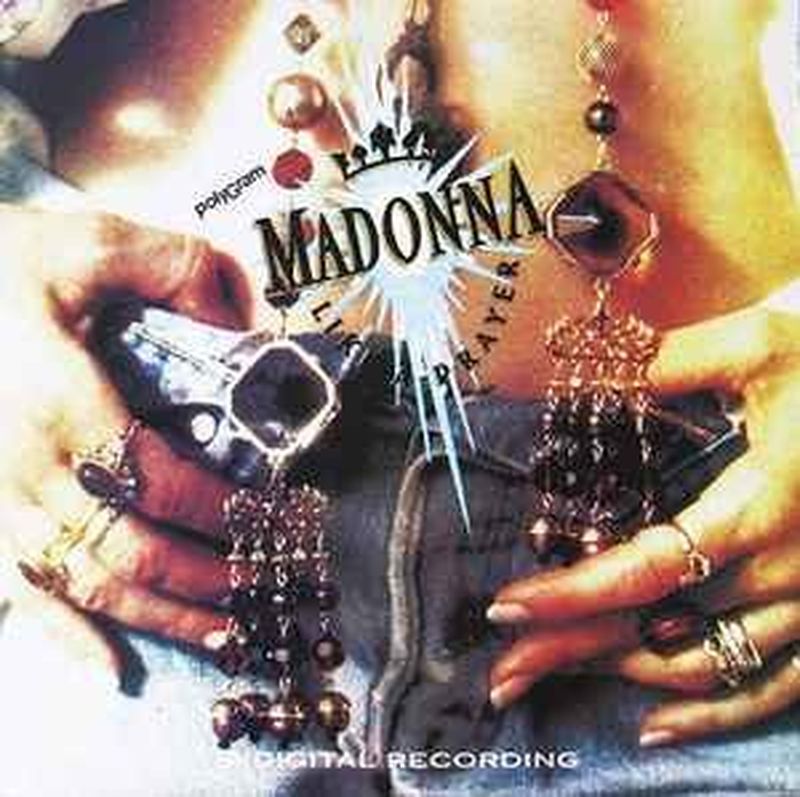
Madonna mixed burning crosses with sexual imagery and kissed a Black saint on camera. Religious groups lost their minds. The Vatican condemned it. Pepsi canceled her $5 million deal after only two commercials aired.
Patrick Leonard’s gospel‑influenced arrangement made the blasphemy sound heavenly, and the song became a global number one, showing that controversy paired with craftsmanship can still win mainstream success.
7. “Closer” – Nine Inch Nails (1994)
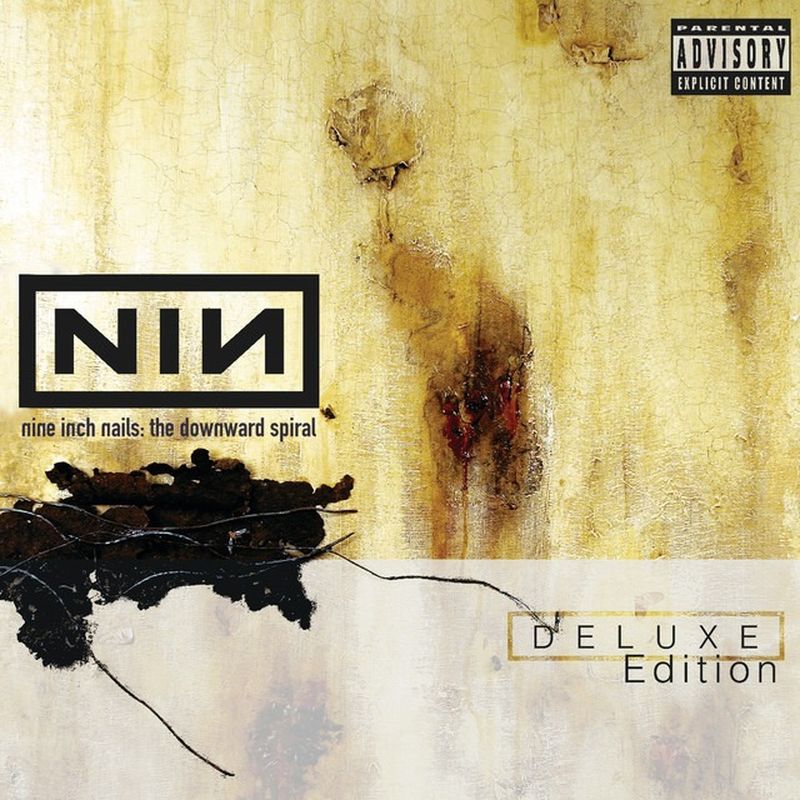
Trent Reznor‘s industrial masterpiece used samples, live drums, and analog synthesizers to create mechanical sexuality. Mark Romanek’s video mixed religious imagery with BDSM references—art direction that influenced music videos for decades. MTV censored it heavily but couldn’t stop its cultural impact.
The production techniques here changed alternative rock forever. Those drum loops, that bass distortion, and Reznor’s vocal processing created a template for industrial music. Despite censorship, it proved mainstream audiences wanted transgressive art when it sounded this compelling.
6. “Me So Horny” – 2 Live Crew (1989)
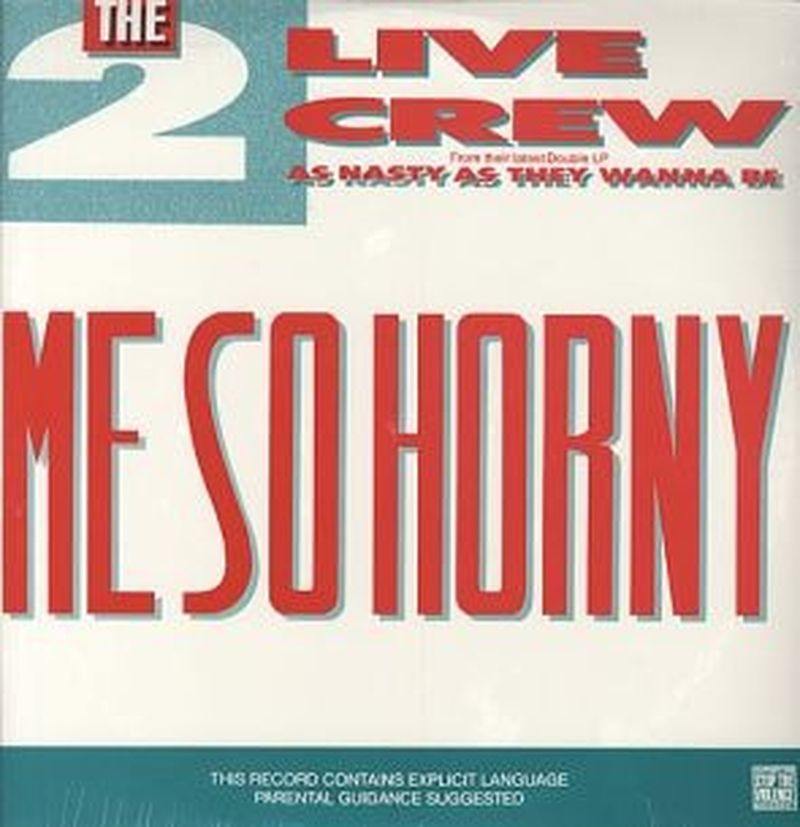
2 Live Crew pushed sexual content so far that courts declared their album legally obscene—the first ever such ruling in music history. Sampling “Full Metal Jacket” dialogue over those 808s was brilliant.
A Florida judge ruled their album illegal to sell; record store owners and band members were arrested. The appeals court eventually overturned it. Their battle forced America to create the “Parental Advisory” stickers we still see today.
5. “They’re Coming to Take Me Away, Ha Haaa!” – Napoleon XIV (1966)
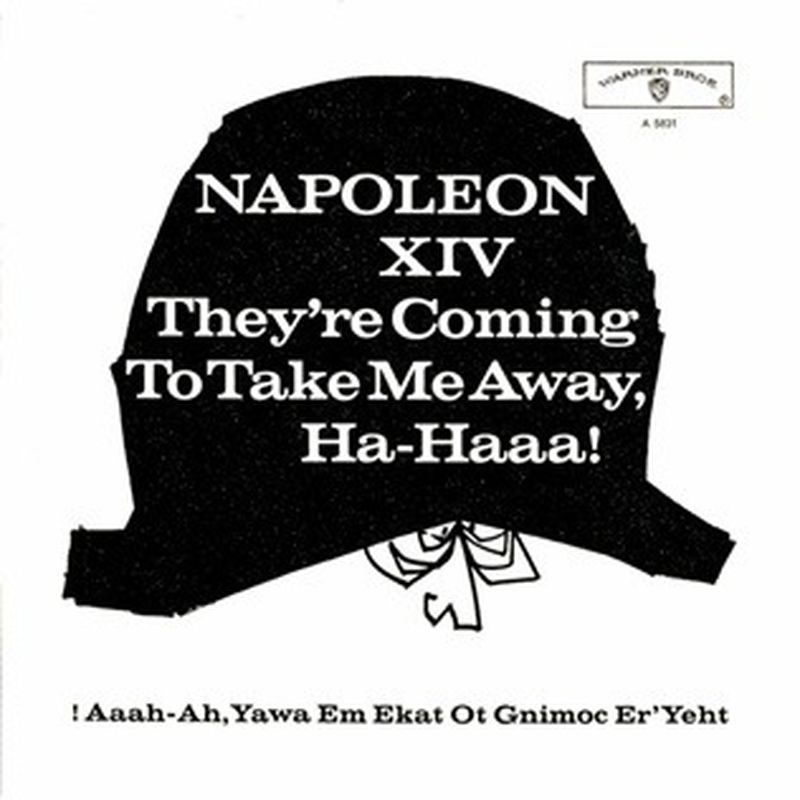
Jerry Samuels created this one-joke novelty with just sirens, drums, and manic vocals. The B‑side played the A‑side backwards—total conceptual madness. Recording techniques were primitive, but the effect was genuinely unsettling. Mental health advocates protested its mockery of psychiatric patients.
Radio banned it after reaching number 3. The controversy highlighted changing attitudes about mental illness. What seemed funny in 1966 looked cruel by the 1970s. Sometimes novelty records accidentally reveal how society treats its most vulnerable people.
4. “Killing in the Name” – Rage Against the Machine (1992)
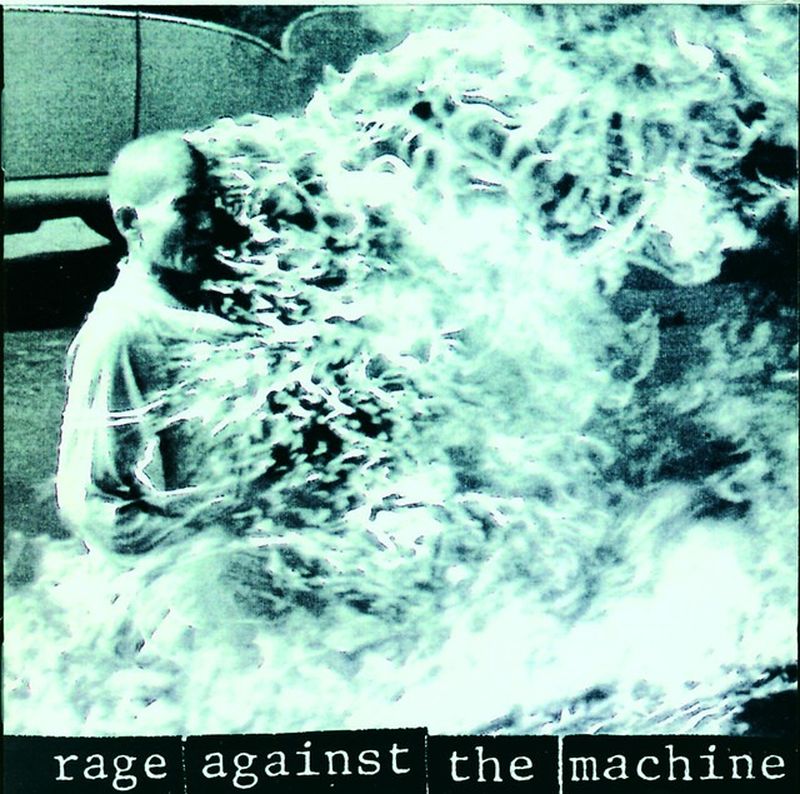
Tom Morello’s guitar work here sounds like machinery breaking down—perfect metaphor for institutional collapse. Those stuttering, distorted riffs under Zack’s spoken-word verses created something new: hip-hop rebellion with metal power. The “f*** you, I won’t do what you tell me” breakdown still gives people chills.
Radio couldn’t play the uncensored version. The BBC famously cut them off mid-song in 2009. The production remains genius—Brad Wilk’s drums sound like gunshots, and that bass tone cuts through concrete. Social justice movements still use this track because it captured rage that never goes away.
3. “God Save the Queen” – Sex Pistols (1977)
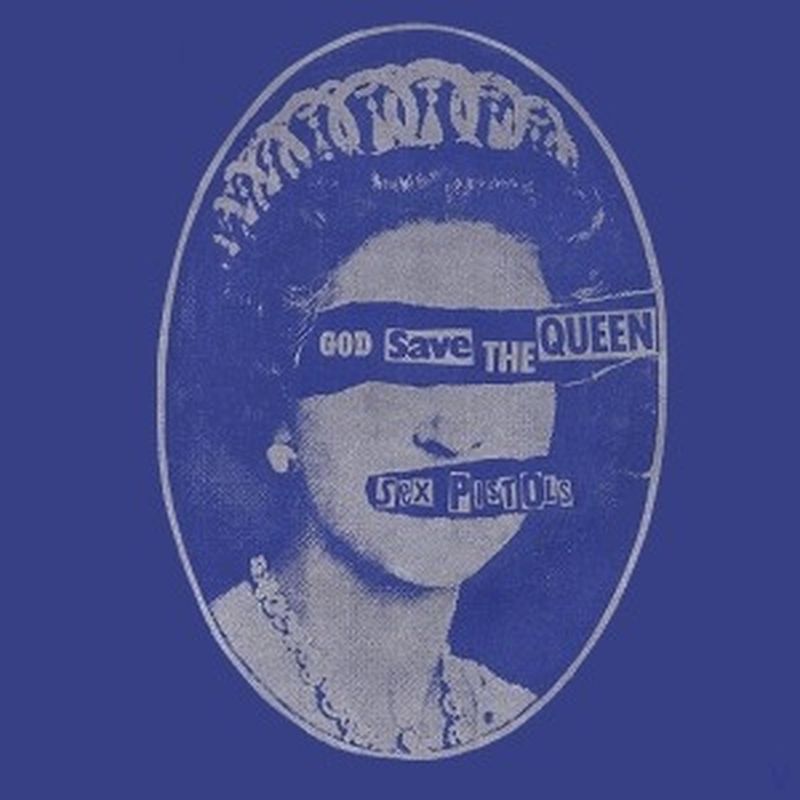
The Pistols turned the Queen’s celebration into musical warfare. Dropping this bomb during her Silver Jubilee felt like terrorism to British ears. Johnny Rotten snarling “God save the Queen, the fascist regime” while the whole country partied was pure genius.
The BBC banned it instantly. Record shops refused to stock it. Even reaching number one on NME charts, it got listed as blank on official charts—classic establishment manipulation. Band members got attacked with knives. Their Thames boat show ended in arrests. Perfect punk theater.
2. “Darling Nikki” – Prince (1984)
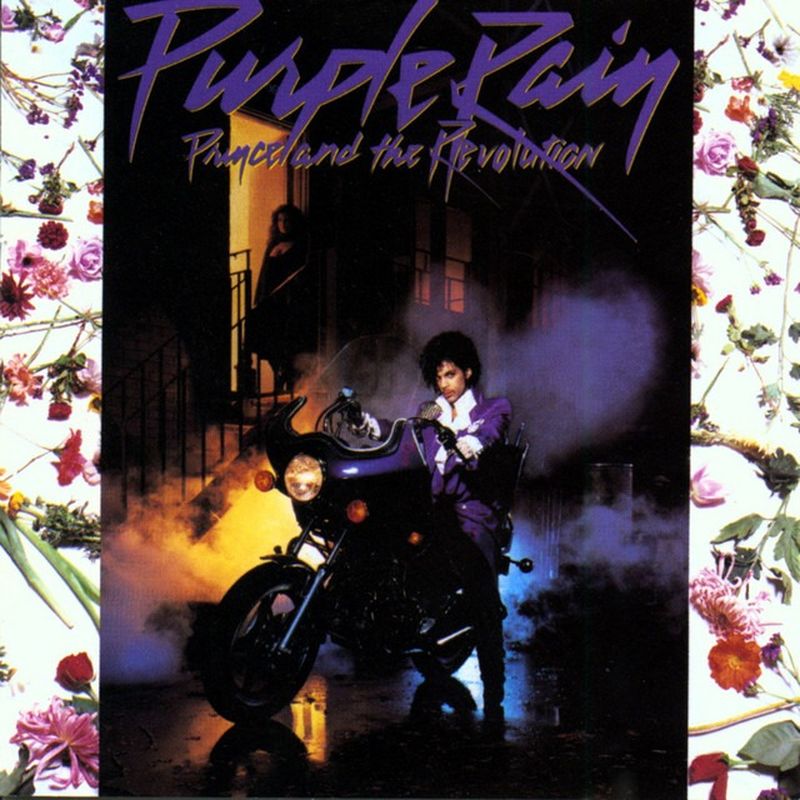
Prince buried explicit lyrics about masturbation inside his most commercial album. Pure trickster genius—hiding sexual bombs where parents least expected them. The “Purple Rain” soundtrack seemed safe until Tipper Gore’s daughter found this track. That mistake created the PMRC and changed music forever.
Prince’s Minneapolis sound here mixes funk with rock perfectly. Those guitar tones and snare crack became his signature. The backwards message at the end was typical Prince mystery‑making. One song launched the censorship debate and gave us parental advisory stickers.
1. “Cop Killer” – Body Count (1992)
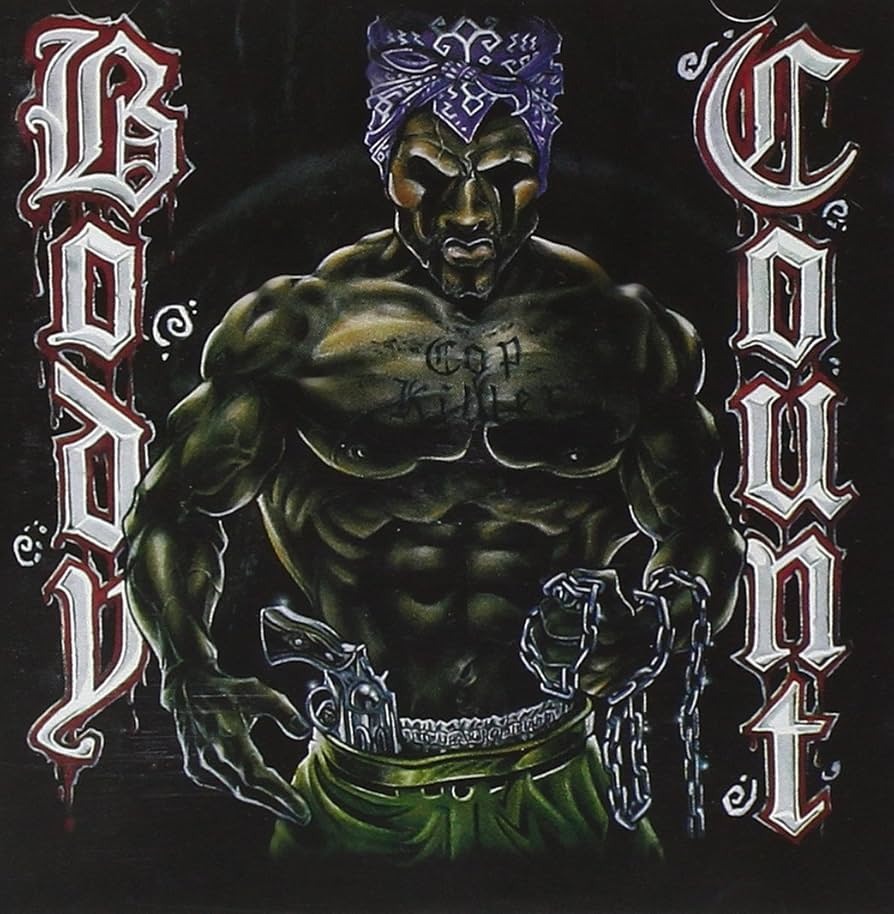
Ice‑T‘s metal band dropped this revenge fantasy right before the LA riots exploded. Timing couldn’t have been more explosive. The fictional narrative about targeting cops hit like a Molotov cocktail during America’s racial reckoning.
President Bush condemned it personally. Police boycotted Time Warner. Shareholders threatened to bail. Death threats flooded in. Ice‑T eventually pulled the song under corporate pressure, but the damage was done. The controversy proved rap could scare the establishment more than any guitar riff ever did.




